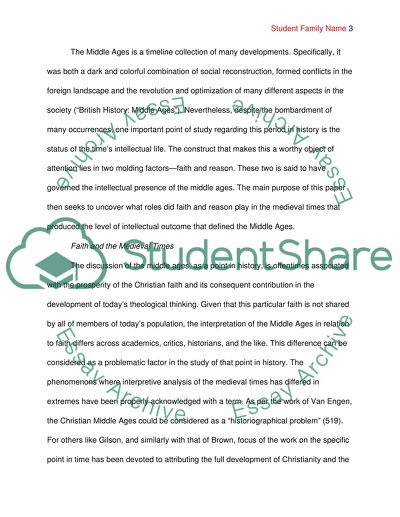Cite this document
(“What roles did faith and reason play in the intellectual life of the Research Paper”, n.d.)
Retrieved from https://studentshare.org/religion-and-theology/1493254-what-roles-did-faith-and-reason-play-in-the
Retrieved from https://studentshare.org/religion-and-theology/1493254-what-roles-did-faith-and-reason-play-in-the
(What Roles Did Faith and Reason Play in the Intellectual Life of the Research Paper)
https://studentshare.org/religion-and-theology/1493254-what-roles-did-faith-and-reason-play-in-the.
https://studentshare.org/religion-and-theology/1493254-what-roles-did-faith-and-reason-play-in-the.
“What Roles Did Faith and Reason Play in the Intellectual Life of the Research Paper”, n.d. https://studentshare.org/religion-and-theology/1493254-what-roles-did-faith-and-reason-play-in-the.


